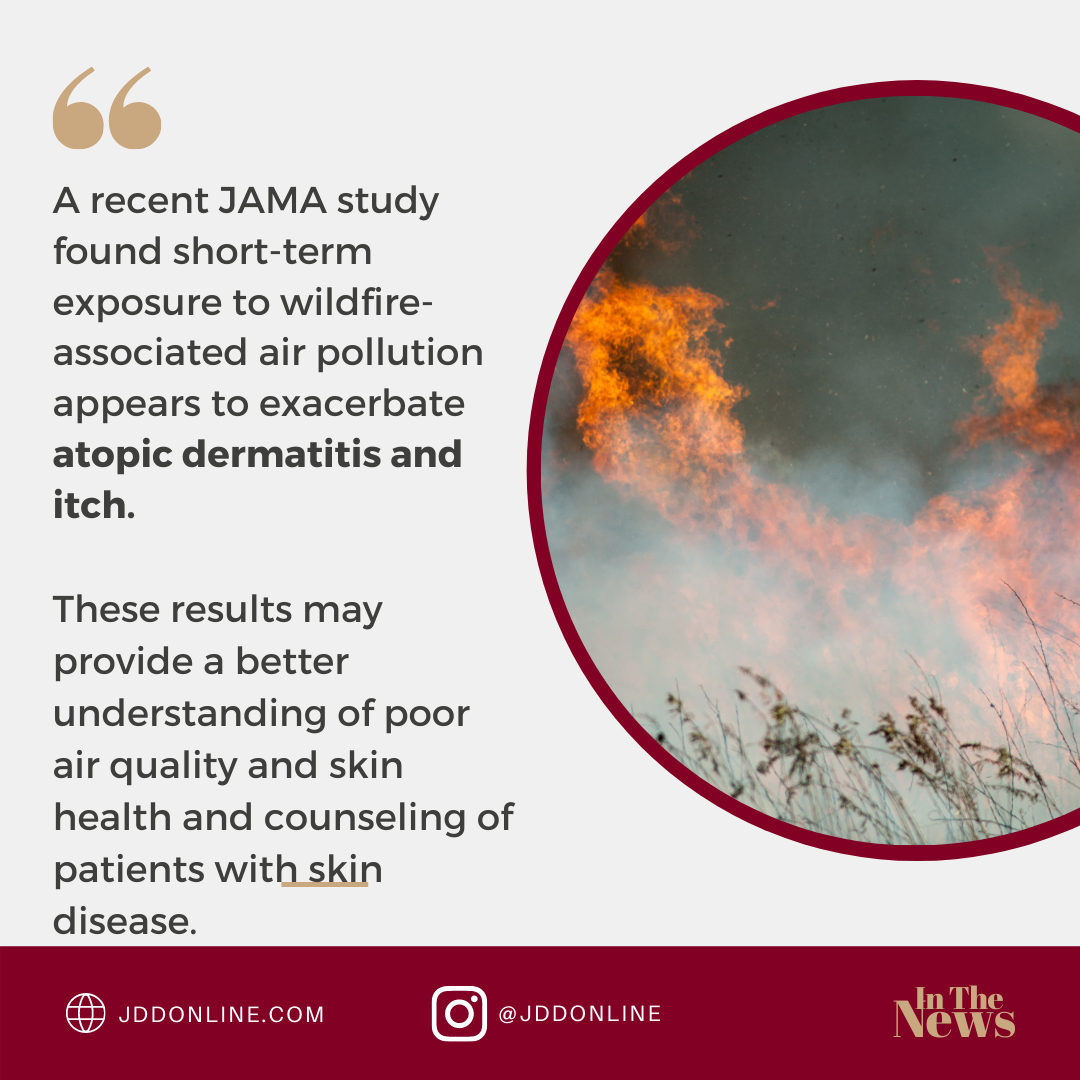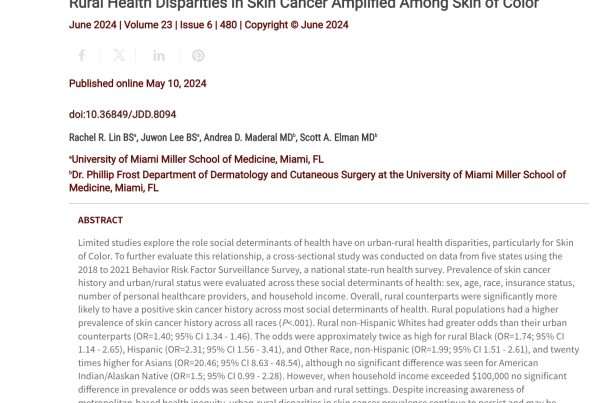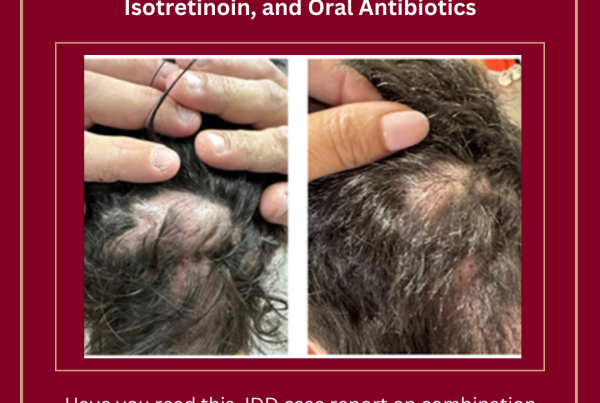Dermatology Roundup

A recent study found short-term exposure to wildfire-associated air pollution appears to exacerbate atopic dermatitis and itch.
Dermatology Roundup
A recent study found short-term exposure to wildfire-associated air pollution appears to exacerbate atopic dermatitis and itch. The study compared pediatric and adult visits to a San Francisco dermatology clinic before, during and after 2018’s California Camp Fire with visits during the same time frame in 2015 and 2016 when there were no large wildfires near San Francisco. Researchers found an increase in pediatric and adult appointments for atopic dermatitis and pediatric appointments for itch.
The authors noted, “These results may provide a better understanding of the association between poor air quality and skin health and guide health care professionals’ counseling of patients with skin disease and public health practice.”
The study was conducted by researchers at the University of California, San Francisco, and University of California, Berkeley, and published online in JAMA Dermatology.
A study published in the Journal of Cosmetic Dermatology found that use of botulinum toxin was associated with a reduction in depression symptoms. Study participants completed the Beck Depression Inventory II questionnaire before receiving facial botulinum toxin injections as well as one month later. The study found the baseline depression score dropped during the follow-up time. Determinants of an improved depression score included young age, high education level and previous experience with botulinum toxin. Study authors said, “Such people have a more realistic understanding of the relationship between beautiful appearance and confident nature.”
Amy S. Paller, MD, has been named the 2021 recipient of the David Martin Carter Mentor Award by the American Skin Association (ASA). The award is given to members of the dermatology community who inspire dermatologists, investigators and medical students around the world.
Dr. Paller is director of the Northwestern University Skin Disease Research Center. Her NIH-funded basic science and clinical research includes immune-mediated inflammatory diseases in children, diabetic wound healing and topical gene therapy for skin disorders. Her work is frequently published in journals, such as the Journal of Drugs in Dermatology. ASA president Dr. David Norris said of Dr. Paller in a news release, “Throughout her distinguished research career, she has prepared a generation of young scientists for careers in dermatology.”
Get More from the JDD
Get the latest news delivered straight to your Inbox – sign up for the JDD Newsletter.
Discover the latest research, exclusive articles from leading dermatology experts, popular Podcast episodes, free CME activities, and more!
You May Also Like











